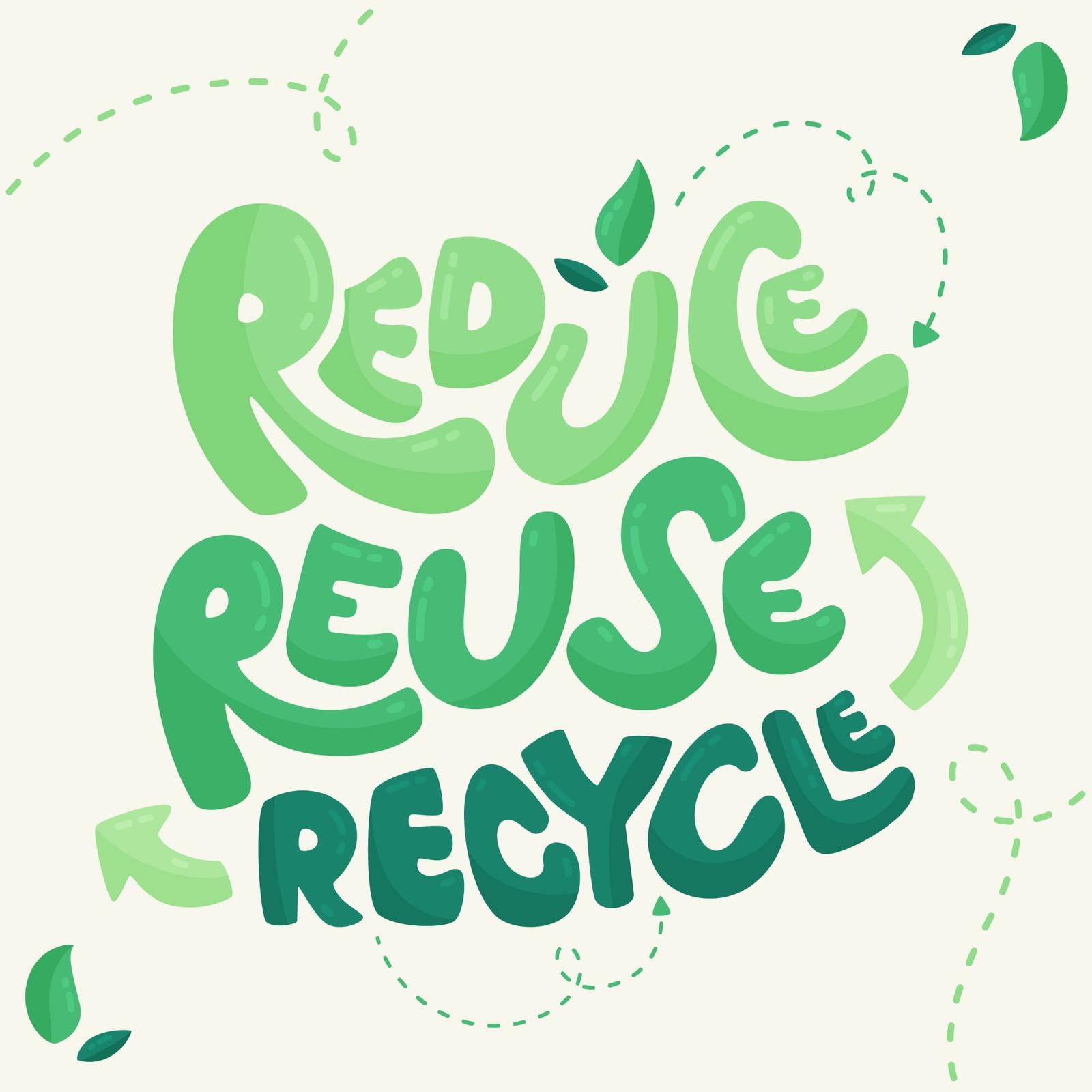Eco-friendly Biodegradable Bamboo Toothbrush S-curve
₹16.0
| Age Group | Any age group |
| Color | Natural Wood |
| Features | Natural, Eco friendly, Biodegradable, Charcoal infused |
| Gender | all genders |
| Country of Origin | Made in India |
| Type | Medium |
| Material | Bamboo |
| Usage/Application | Tooth Cleaning |
S-Curve Bamboo Toothbrush
We use Himalayan organic bamboo. After cutting a large bamboo stock a new stock grows back to around 65ft within 2 years. Bamboo stocks are boiled in pure water, dried, heat treated, carved and a natural wax coat applied. Bristles are pressure implanted into each hole.
Our bamboo toothbrush handles can be composted in normal commercial composting conditions. Bamboo is biodegrade and returns to the earth within 6 months.
For an eco-friendly disposal, you can pluck the bristles with pliers and compost your bamboo handle. Check with your local recycling if they recycle nylon bristles otherwise they will have to go in the trash.
You must be logged in to post a review.
Q & A
The sustainability of a bamboo toothbrush depends on several factors, including the sourcing and manufacturing practices, the disposal methods, and the materials used for the bristles. Overall, bamboo toothbrushes are considered more sustainable than conventional plastic toothbrushes, but there are still some considerations to keep in mind:
Bamboo Sourcing: If bamboo is responsibly and sustainably sourced, it can be an eco-friendly material. Bamboo is a fast-growing plant that requires minimal water and no pesticides to thrive, making it a renewable resource. However, some bamboo forests may be cleared unsustainably, leading to habitat destruction and environmental degradation. It's essential to choose brands that prioritize sustainable bamboo sourcing and support responsible forestry practices.
Biodegradability: One of the significant advantages of bamboo toothbrushes is their biodegradability. The bamboo handle can decompose naturally in compost or soil, reducing its environmental impact significantly. However, not all bamboo toothbrushes have biodegradable bristles. Most toothbrushes use nylon or other synthetic materials for bristles, which are not biodegradable and must be removed before composting or disposed of separately.
Bristle Materials: As mentioned earlier, the bristles of bamboo toothbrushes are typically made from nylon or other synthetic materials. These materials are not biodegradable and can contribute to microplastic pollution when they break down over time. Some manufacturers are working on developing fully biodegradable bristles made from plant-based materials like cornstarch. When choosing a bamboo toothbrush, consider looking for options with more sustainable bristle materials.
Manufacturing Processes: The environmental impact of a bamboo toothbrush also depends on the manufacturing processes used. Energy-intensive or chemically intensive manufacturing methods can offset some of the sustainability benefits of using bamboo. Look for brands that prioritize eco-friendly manufacturing practices and use minimal resources during production.
Packaging: Packaging can also play a role in the overall sustainability of a bamboo toothbrush. Look for toothbrushes that come with minimal or eco-friendly packaging to further reduce waste.
In summary, bamboo toothbrushes are generally more sustainable than plastic toothbrushes due to their biodegradability, renewable bamboo sourcing, and potential for reduced plastic usage. However, it's crucial to consider the materials used for the bristles, the manufacturing practices, and the brand's commitment to sustainability to make a fully informed choice. Always opt for brands that are transparent about their sourcing and environmental practices to ensure you're making a positive impact on the environment.
General Inquiries
There are no inquiries yet.






Reviews
There are no reviews yet.